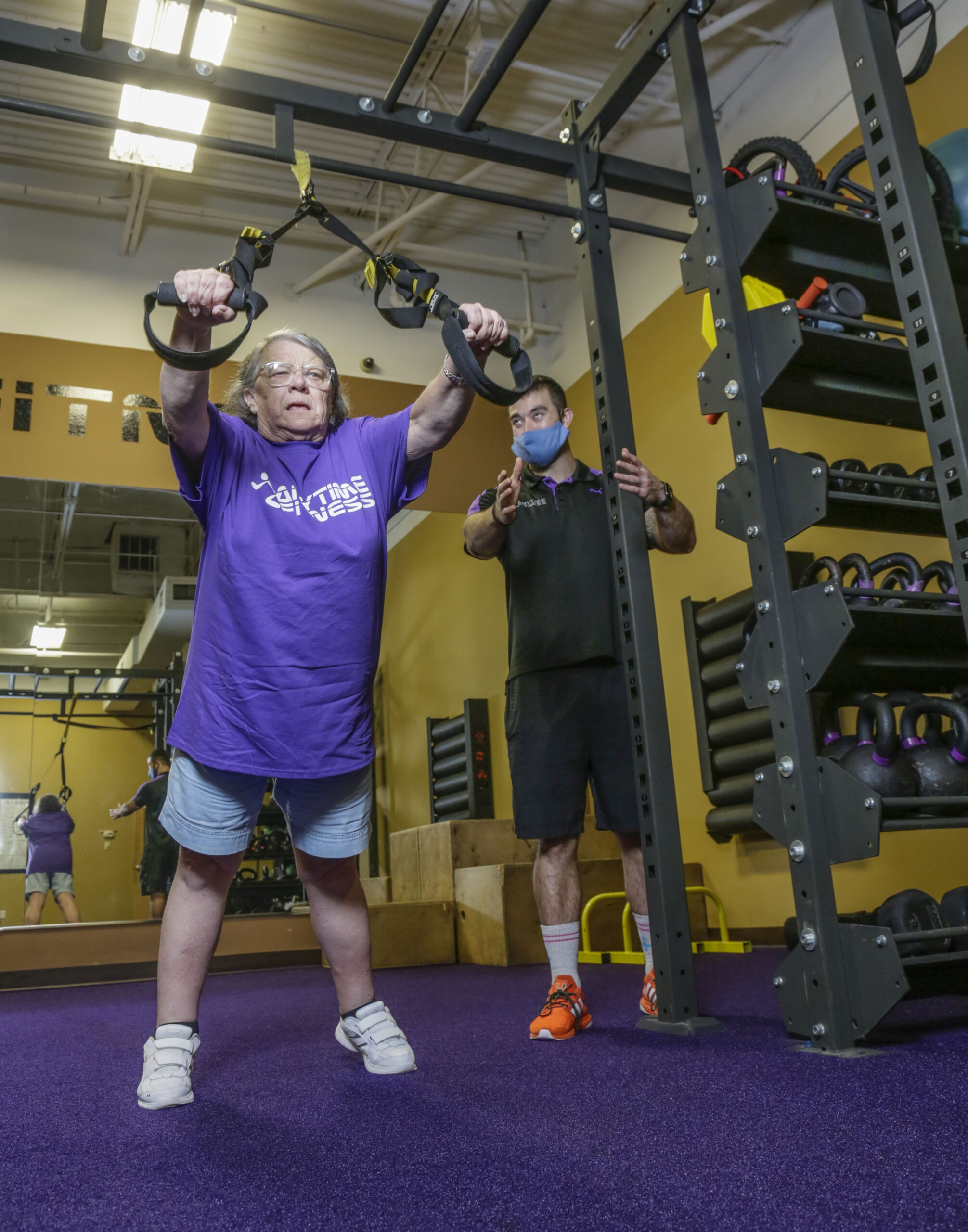
Health News
Features
-
The First Step
Right Mindset, Guidance Can Keep a New Exercise Program From Being Intimidating By PAUL CATALA photos by CALVIN KNIGHT When Nancy Hogan first walked through the doors of the local fitness center, she was just beginning to build the momentum to finally get on a regular exercise routine. The retired school teacher, who lives in…
-
The Quintessential Essential Worker
Demand for Respiratory Therapists On Rise Amid COVID-19 by TERESA SCHIFFER Inhale…exhale…. Many of us take the ease of breathing for granted. We breathe in and out all day and night, rarely giving the life-sustaining act a second thought. All that changes when we come down with sinus congestion or a respiratory infection that leaves…
-
Mia’s Mission
7-Year-Old Uses Type 1 Diabetes Diagnosis to Teach Others by TIM CRAIG photos by FOSTER’S PHOTOGRAPHY Monique Mathews played a hunch and saved her daughter’s life. It was November 2019, and her daughter, Mia, was spending the night at her best friend’s house. However, Mia was crying after dinner because of a stomach ache —…
Columns
-
The Link Between Obesity, Vascular Disease
Loving ourselves and taking care of our health to prevent or delay the onset of chronic conditions is an important aspect of our health. This is the fourth part of a series focusing on lifestyle management for the prevention of vascular disease. In previous columns, we’ve addressed smoking cessation, blood pressure regulation, and the…
-
Hypertension and Vascular Disease
In the previous two issues, we addressed smoking cessation and the importance of sugar control. In this edition, we will look at the role of hypertension in the prevention of vascular disease and how we can make lifestyle choices that can prevent or delay the onset of hypertension. Hypertension, or high blood pressure, affects…
-
Common Vision Problems
There are many types of vision problems that can affect your eyesight. The focus of this topic will be on the four most common causes of blurred vision. Astigmatism Astigmatism is an uneven or irregular curvature of the cornea and/or lens of the eye. This results in blurred or distorted vision. Other symptoms…




